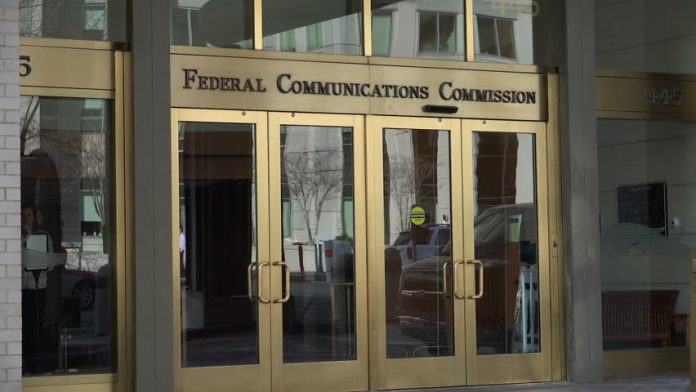New proposal could limit enterprise choices for LTE networks
Citizens Broadband Radio Service (CBRS) is seen as a key enabler of private LTE networks to support the internet of things. To some extent, those private networks will depend on the way users license the 3550 – 3700 MHz CBRS spectrum bands. Although CBRS is often described as unlicensed spectrum, it is actually shared spectrum, and the way in which it will be shared going forward has not yet been decided.
T-Mobile US has filed a petition for rulemaking urging the Federal Communications Commission to auction all 150 megahertz of spectrum in the CBRS band as priority access licenses, with general authorized access use allowed “opportunistically throughout the band.” The carrier wants the government to define the priority access licenses (PALs) by partial economic areas, which are larger than the areas currently proposed. If the FCC follows T-Mobile’s suggestion, enterprises that want to establish private IoT networks using CBRS might have less choice when it comes to which wireless carrier they will use, because the spectrum in their area might be assigned to one carrier’s priority access license.
The FCC is looking at 3-year terms for priority access licenses, but T-Mobile is pushing the agency to extend that to ten years, a change that has already been proposed by wireless industry trade group CTIA. Like T-Mobile, CTIA has encouraged the FCC to define licenses according to partial economic areas.
“By making these changes, the Commission will facilitate investment in the 3.5 GHz band and ensure that the United States retains its leadership position in the development of 5G technologies across all spectrum bands,” T-Mobile’s attorneys wrote in their filing. Advocates for industries that want to leverage private IoT networks see things differently.
“If adopted, T-Mobile’s proposal would virtually eliminate unlicensed use of the spectrum, thereby substantially raising the barrier to entry for businesses seeking to utilize the 3.5 GHz band, which is critical to the growth of 5G wireless broadband in the U.S.,” wrote Ronald Quirk, head of the IoT practice at law firm Marashlian & Donahue.
Currently, the FCC plans to assign priority access licenses based on census tracts, which are significantly smaller than the partial economic areas T-Mobile is requesting. If only one company asks for a PAL in a given urban area, the FCC plans to assign no PAL at all for that area, and just let all comers share the spectrum. T-Mobile is proposing that the agency “make all PALs available at auction, regardless of the number of applications received.”
The FCC will accept comments on T-Mobile’s petition until July 24 and then will accept reply comments until August 8.
If adopted, the proposal should make it easier for wireless carriers to invest in CBRS radio equipment with the expectation of a positive return. In turn, that could spur vendors to double down on their investment in the development of those radios. Conversely, if vendors don’t perceive enough demand to create the equipment, enterprise won’t have the opportunity to build networks, regardless of the spectrum allocation rules.
Already, small cell vendor SpiderCloud Wireless has developed a radio system that can simultaneously support LTE on licensed spectrum and on the 3.5 GHz CBRS band. The company sees its solution as an enabler of enterprise LTE with a private mobile core and neutral host LTE in the CBRS service bands.

